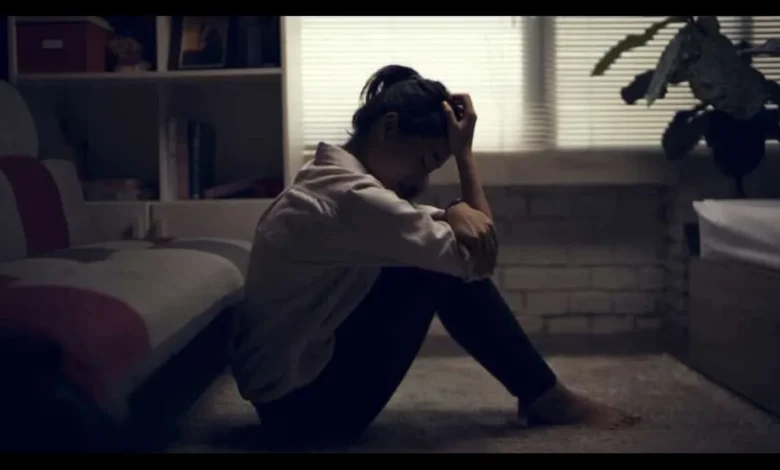
Introduction
The travel and hospitality industry strives to provide comfort, relaxation, and rejuvenation. Yet, lurking beneath the surface of this ideal, there exists a persistent and troublesome issue: “parasited motel malaise.” This term broadly refers to the discomfort, health risks, and psychological distress experienced by motel guests due to parasitic infestations. Parasited motel malaise encompasses a wide range of issues, from bed bugs and mites to mold-induced ailments, that diminish the quality of a motel stay. This article will discuss the causes, symptoms, risks, and solutions for dealing with parasited motel malaise, offering both travelers and motel owners essential insights to prevent and address this growing concern.
What is Parasited Motel Malaise?
Parasited motel malaise is a term describing the collective discomfort, anxiety, and health complications guests face due to the presence of parasites and environmental factors in motels. It results from various factors including substandard cleanliness, poor ventilation, and infestations. These issues not only affect the physical health of guests but can also contribute to feelings of unease and dissatisfaction, resulting in negative reviews and reduced patronage for motels.
Commonly associated pests and problems leading to motel malaise include:
- Bed bugs
- Fleas
- Dust mites
- Cockroaches
- Mold and mildew
- Poor air quality
Each of these factors can have significant impacts on guests, including physical ailments and psychological effects, ultimately compromising the overall motel experience.
Common Causes of Parasited Motel Malaise
- Bed Bugs
- Bed bugs are tiny, nocturnal insects that feed on human blood. They are notoriously difficult to detect and remove once established, often hitchhiking from one location to another in luggage, clothing, or furniture. Bed bugs are commonly found in bedding, mattresses, and upholstered furniture. A single infestation can lead to sleepless nights, painful bites, and potential allergic reactions for motel guests.
- Fleas and Dust Mites
- Fleas, especially in pet-friendly motels, can be a common problem. Although fleas primarily target animals, they can also bite humans, leading to itching, skin irritation, and discomfort. Dust mites, on the other hand, thrive in humid environments and are not visible to the naked eye. Dust mites commonly reside in bedding, carpets, and curtains, potentially causing respiratory issues and allergies in guests.
- Cockroaches
- Cockroaches are resilient pests that can quickly become an infestation if not controlled. Cockroach presence can contaminate food, trigger asthma and allergies, and create a generally unhygienic atmosphere. Their presence can deter guests, as cockroaches are often associated with poor cleanliness and sanitation.
- Mold and Mildew
- Poor ventilation, inadequate humidity control, and water leaks can create the perfect environment for mold and mildew growth. Mold spores are a serious health hazard, especially for those with respiratory conditions or allergies. Exposure to mold can lead to symptoms such as coughing, sneezing, headaches, and, in severe cases, respiratory infections.
- Poor Air Quality
- Inadequate ventilation or HVAC system maintenance can lead to stagnant, poor-quality air inside motel rooms. This can cause headaches, fatigue, and respiratory issues among guests, creating a lingering feeling of discomfort and dissatisfaction.
Symptoms of Parasited Motel Malaise
Guests affected by parasited motel malaise may experience a range of symptoms, both physical and psychological. Some of the most common symptoms include:
- Physical Discomfort
- Red, itchy skin rashes and bite marks from bed bugs or fleas.
- Respiratory problems, including coughing, wheezing, and shortness of breath due to dust mites or mold exposure.
- Allergic reactions such as sneezing, watery eyes, and congestion.
- Mental and Emotional Effects
- Anxiety and sleeplessness from the constant awareness of pests.
- Disturbed sleep patterns, often due to the discomfort of bites or the fear of being bitten.
- Psychological stress and dissatisfaction that can lead to negative reviews and reluctance to revisit the property.
- General Unwellness
- Fatigue and lack of energy, exacerbated by disrupted sleep and poor air quality.
- Headaches and dizziness from poor ventilation or air quality issues.
- Gastrointestinal distress due to contaminated food or water sources.
Risks Associated with Parasited Motel Malaise
Ignoring parasited motel malaise can have serious consequences for both guests and motel management. Here are some of the key risks associated with this issue:
- Health Risks for Guests
- Prolonged exposure to mold or allergens can lead to chronic respiratory issues.
- Bed bug bites and infestations can cause skin infections if the bites are scratched excessively or become infected.
- Stress and anxiety may lead to a weakened immune system, making guests more susceptible to illness.
- Legal and Financial Repercussions for Motel Owners
- Motels that fail to maintain hygienic conditions and address pest issues risk legal claims from affected guests.
- A single case of bed bugs or mold exposure can result in costly treatments, lawsuits, and compensation claims.
- Damage to reputation, with negative reviews and customer complaints leading to reduced bookings.
- Loss of Revenue
- With the increasing influence of online reviews, guests are more likely to avoid motels with poor cleanliness ratings.
you may also read
usainfotime.com





